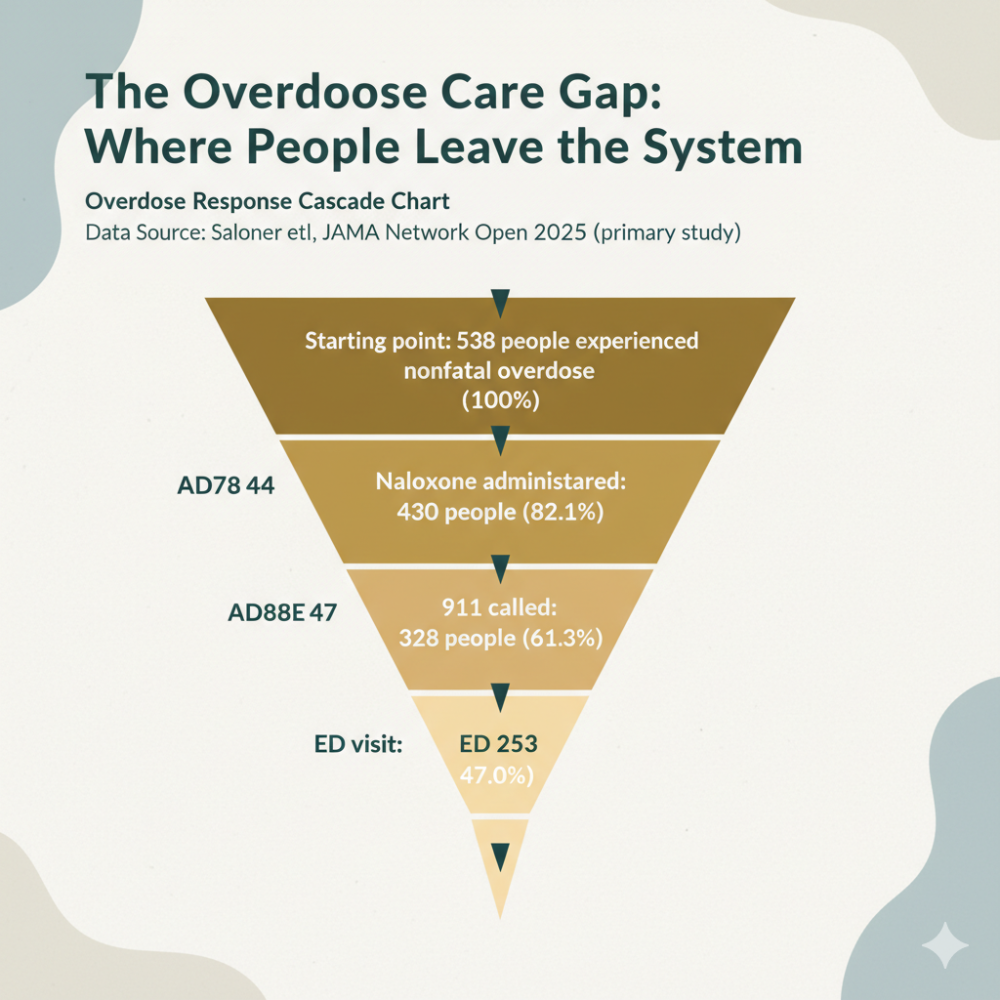Risks of Mixing Prozac and Meth, Cocaine, Ecstasy, Adderall, Ritalin, Concerta, Mydayis, Dexedrine, and Dextroamphetamine
Combining medications can be both beneficial and risky. While it may enhance treatment outcomes in some cases, it can also lead to dangerous interactions and unexpected side effects. One such combination that raises concerns is Prozac and stimulants.
Prozac, a selective serotonin reuptake inhibitor (SSRI), is commonly prescribed for depression and anxiety, while stimulants like Adderall are used to manage ADHD and enhance cognitive performance. In this article, we will explore the potential dangers of combining Prozac and stimulants and why caution is crucial when using these medications simultaneously.
The Benefits of Prozac
Prozac, also known by its generic name fluoxetine, is a type of antidepressant known as a selective serotonin reuptake inhibitor (SSRI). It’s used to treat a variety of mental health disorders, including depression, obsessive-compulsive disorder (OCD), panic disorder, and certain eating disorders. By increasing the levels of serotonin—a neurotransmitter that contributes to feelings of well-being and happiness—in the brain, Prozac helps to improve mood, sleep, appetite, and energy level, and may assist in restoring your interest in daily living.
Treating Depression and Anxiety
Prozac is widely prescribed to manage depression and anxiety disorders. It helps stabilize mood, reduce feelings of sadness or hopelessness, and improve overall well-being.
Managing Obsessive-Compulsive Disorder (OCD)
Prozac has also shown efficacy in treating OCD, a condition characterized by unwanted thoughts and repetitive behaviors. It helps reduce obsessive thoughts and compulsive rituals, giving individuals better control over their lives.
The Purpose of Stimulants
Treating Attention Deficit Hyperactivity Disorder (ADHD)
Stimulants like Adderall, Ritalin, Concerta, Mydayis, Dexedrine, and dextroamphetamine are the first-line treatment for ADHD. They enhance dopamine and norepinephrine levels, improving focus, attention, and impulse control in individuals with ADHD.
Boosting Cognitive Performance
Stimulants are sometimes used off-label to enhance cognitive performance, especially in situations that demand prolonged concentration and mental alertness.
Common Side-Effects of Combining Prozac and Stimulants
Despite their individual benefits, combining Prozac and stimulants can be hazardous and may lead to several adverse effects, especially when used with substances like cocaine, ecstasy, and methamphetamine.
Serotonin Syndrome
Serotonin syndrome occurs when there is an excessive buildup of serotonin in the brain. When Prozac is combined with stimulants like ecstasy and methamphetamine, the risk of serotonin syndrome significantly increases, potentially leading to confusion, agitation, rapid heart rate, high blood pressure, and even life-threatening situations.
Cardiovascular Problems
Both Prozac and stimulants can independently lead to cardiovascular issues like increased heart rate and elevated blood pressure. When used together, especially with cocaine and methamphetamine, the risk of cardiovascular problems may escalate, potentially resulting in heart attacks or strokes.
Psychiatric Effects
Combining Prozac with certain stimulants like cocaine, ecstasy, and methamphetamine might also lead to psychiatric disturbances, including severe mood swings, hallucinations, and even suicidal thoughts, particularly in individuals prone to such conditions.
The Dangers of Combining Prozac and Specific Stimulants
When combined, the effects of stimulants and Prozac can lead to various health risks due to elevated levels of brain activity and alterations in mood-regulating chemicals. Let’s take a closer look at these interactions with specific stimulants.
Risks of Mixing Prozac with Ecstasy
Ecstasy, scientifically known as MDMA, is a synthetic drug that alters mood and perception. It works by increasing the activity of three neurotransmitters in the brain: serotonin, dopamine, and norepinephrine.
When combined with Prozac, which also increases serotonin levels, the result can be an excessive concentration of this neurotransmitter. This heightens the risk of serotonin syndrome, characterized by symptoms like high body temperature, agitation, increased reflexes, tremor, sweating, dilated pupils, and diarrhea. Other potential risks include dehydration due to excessive sweating and dancing, hyperthermia, and cardiovascular issues like irregular heartbeats and heart failure.
Risks of Mixing Prozac with Cocaine
Cocaine is a powerful stimulant drug. It works by increasing the levels of dopamine in the brain, leading to intense feelings of energy and alertness. However, combining it with Prozac can lead to an overstimulation of the brain. This excessive stimulation can result in severe anxiety, panic attacks, and paranoia. Even more severe risks include stroke or cardiac arrest, due to increased heart rate and blood pressure caused by cocaine, combined with altered serotonin levels due to Prozac.
Risks of Mixing Prozac with Methamphetamines
Methamphetamine is a highly addictive stimulant that affects the central nervous system. It increases the amount of dopamine in the brain, leading to intense pleasure and increased energy. However, when combined with Prozac, it can lead to severe cardiovascular complications such as arrhythmias and myocardial infarction. This is due to the extreme stimulation of the central nervous system and constriction of blood vessels caused by methamphetamine, coupled with altered serotonin levels due to Prozac.
Risks of Mixing Prozac with Adderall
Adderall, a prescription medication used to treat ADHD, works by increasing the levels of certain neurotransmitters in the brain. Its combination with Prozac, which increases serotonin levels, can lead to an overproduction of these neurotransmitters. This can cause severe anxiety, restlessness, and potential serotonin syndrome. Moreover, both drugs can cause dry mouth, loss of appetite, and sleep problems, which can be magnified when used together.
Risks of Mixing Prozac with Ritalin
Ritalin, another medication used to treat ADHD, works by stimulating the central nervous system. When combined with Prozac, it can increase the side effects of both drugs, such as insomnia, nervousness, and changes in appetite. Moreover, this combination can exacerbate underlying mental health conditions and increase the risk of serotonin syndrome, a potentially life-threatening condition.
Risks of Mixing Prozac with Concerta
Concerta, also a treatment for ADHD, works similarly to Ritalin. Its interaction with Prozac can lead to an overstimulation of the brain, causing severe side effects such as anxiety, panic attacks, and hallucinations. In extreme cases, this combination can lead to heart-related complications due to increased heart rate and blood pressure.
Risks of Mixing Prozac with MyDayis
MyDayis is another drug used to treat ADHD. It contains amphetamine, a potent central nervous system stimulant. The combination of MyDayis and Prozac may increase the risk of serotonin syndrome. This interaction can also exacerbate the side effects of both drugs, including insomnia, restlessness, elevated heart rate, and blood pressure.
Risks of Mixing Prozac with Dexedrine
Dexedrine is an amphetamine used to treat ADHD and narcolepsy. Mixing it with Prozac can lead to heightened side effects, including anxiety, jitteriness, and restlessness. It also increases the risk of serotonin syndrome due to both drugs’ tendency to increase serotonin levels.
Risks of Mixing Prozac with Dextroamphetamine
Dextroamphetamine, another form of amphetamine, is used to treat ADHD and narcolepsy. Concurrent use of dextroamphetamine and Prozac can lead to severe cardiovascular complications due to the stimulant’s effect on heart rate and blood pressure. It can also potentially lead to the onset of serotonin syndrome due to increased serotonin levels.
These drug combinations underscore the importance of never taking a new medication or substance without consulting with a healthcare professional first. Here at Gallus Medical Detox, we’re committed to helping those struggling with substance misuse and addiction to find a safe path to recovery.
Managing Medication Interactions
If a patient’s treatment plan involves both Prozac and stimulants, careful management is crucial to minimize potential risks.
Consult a Medical Professional
Before combining these medications, consult a healthcare professional who can evaluate the individual’s medical history and provide appropriate guidance, especially if the patient is using or has a history of stimulant abuse.
Monitor Side Effects
Regularly monitor for any adverse effects and promptly report them to the healthcare provider. Pay close attention to changes in mood, behavior, and physical health.
Adjusting Dosages
In some cases, the dosages of Prozac or stimulants may need adjustment to reduce the risk of interactions and potential side effects.
How Gallus Medical Detox Can Help
At Gallus Medical Detox, we understand the risks associated with drug misuse, and we’re committed to providing a safe, effective path to recovery. Our medically-supervised detox process provides a safe environment for individuals to withdraw from substances, minimizing the risk of severe withdrawal symptoms and complications.
Our team provides 24/7 supportive care, ensuring individuals feel comfortable, safe, and supported throughout their journey. We also offer therapy and counseling services to address underlying mental health issues that may contribute to substance misuse.
Prevention and Safety Measures
Safety should always be a priority when dealing with medications. It’s crucial to consult a healthcare professional before altering your medication regimen. They can provide advice tailored to your specific medical history and current medications.
Follow your prescribed dosage, never combine medications without professional advice, and know the symptoms of serotonin syndrome to seek immediate help if needed. The dangers of combining Prozac and stimulants are real and potentially severe. At Gallus Medical Detox, we strive to educate individuals on these risks and provide them with a supportive, professional environment for recovery. Remember, your health isn’t something to gamble with.
FAQs
Can I ever use Prozac and stimulants together?
Combining Prozac and stimulants should only be done under the close supervision of a medical professional. It is essential to understand the potential risks and benefits before using them together.
What should I do if I experience side effects from the combination of these medications?
If you experience any concerning side effects or symptoms, contact your healthcare provider immediately to discuss your concerns.
Are there any natural alternatives to these medications?
In some cases, lifestyle changes, therapy, and holistic approaches may be effective alternatives to medication. Consult a healthcare professional to explore these options.
Can I abruptly stop taking Prozac or stimulants?
Abruptly stopping these medications can have adverse effects. Always follow your healthcare provider’s guidance when making changes to your medication regimen.
How long does it take for Prozac and stimulants to show their full effects?
The time it takes to experience the full effects of these medications can vary from person to person. It’s essential to follow your healthcare provider’s instructions and allow sufficient time for the medications to work effectively.
References:
- National Institute on Drug Abuse. (2019). MDMA (Ecstasy/Molly) DrugFacts. Retrieved from https://www.drugabuse.gov/publications/drugfacts/mdma-ecstasymolly
- Mayo Clinic. (2018). Selective serotonin reuptake inhibitors (SSRIs). Retrieved from https://www.mayoclinic.org/diseases-conditions/depression/in-depth/ssris/art-20044825
- National Institute on Drug Abuse. (2020). What is cocaine? Retrieved from https://www.drugabuse.gov/publications/drugfacts/cocaine
- FDA. (2017). Prozac Prescribing Information. Retrieved from https://www.accessdata.fda.gov/drugsatfda_docs/label/2011/018936s091lbl.pdf
- Harvard Health Publishing. (2018). Going off antidepressants. Retrieved from https://www.health.harvard.edu/diseases-and-conditions/going-off-antidepressants
- National Institute on Drug Abuse. (2020). Prescription Stimulants DrugFacts. Retrieved from https://www.drugabuse.gov/publications/drugfacts/prescription-stimulants


 Steve B
Steve B 
